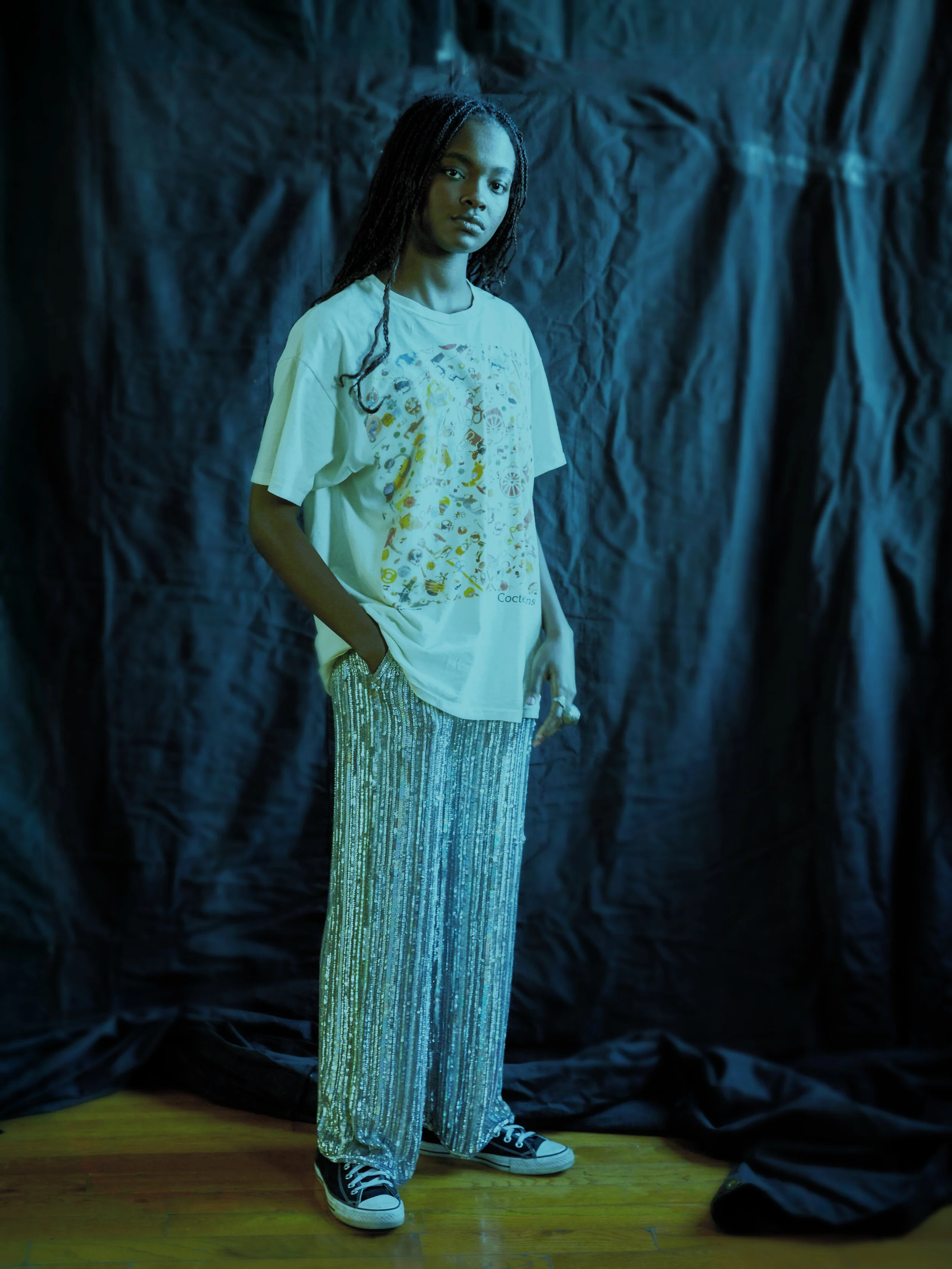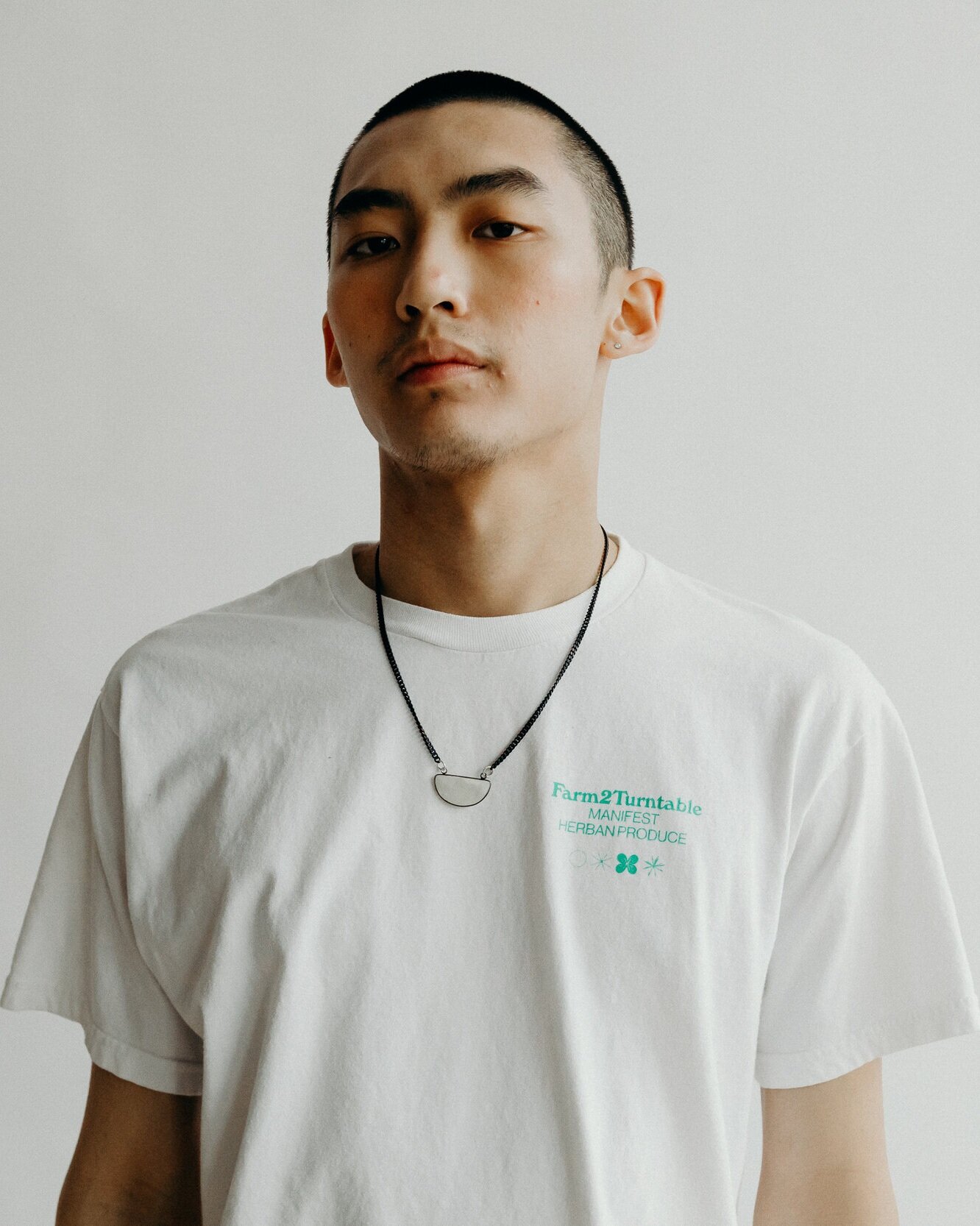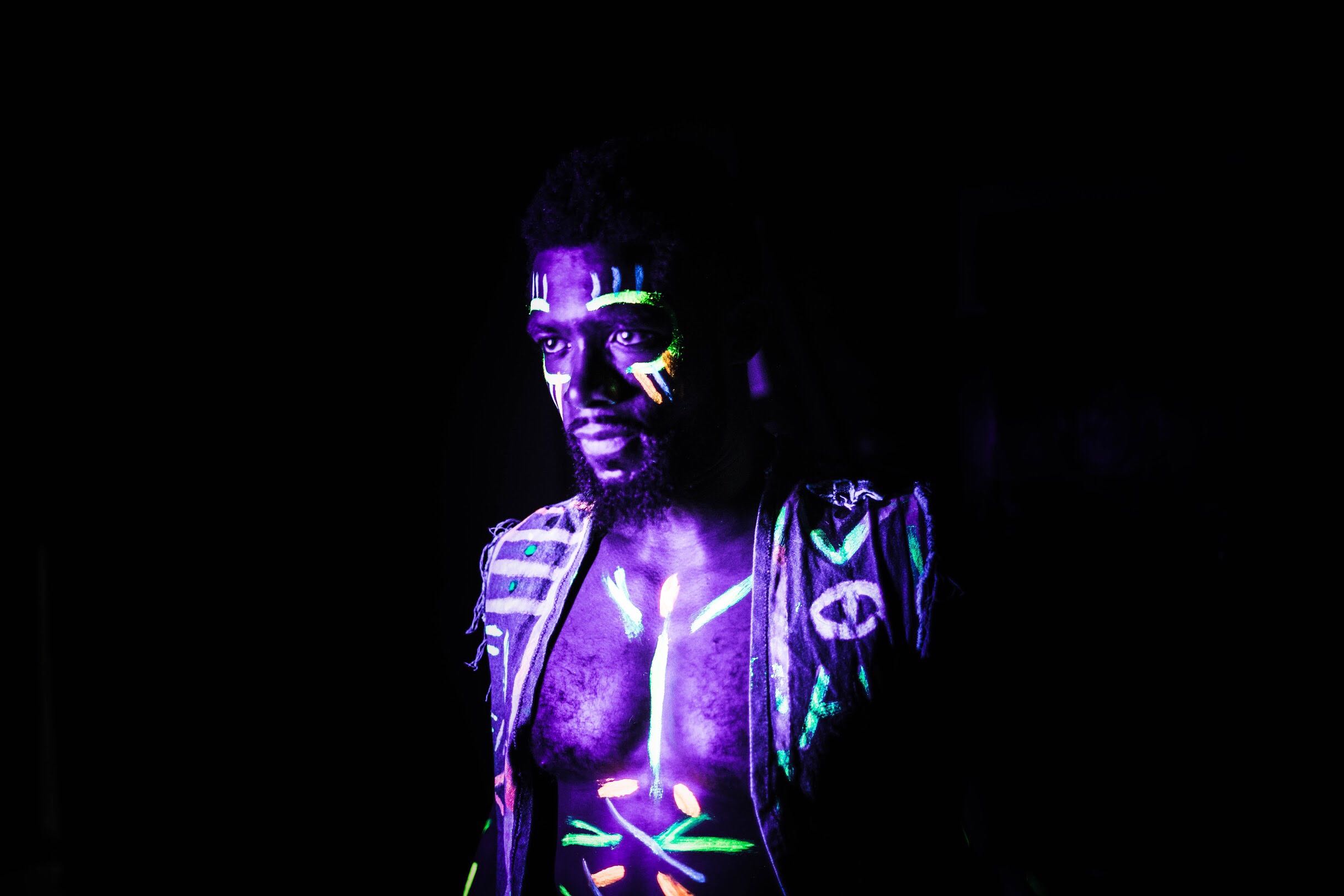Our Music, My Body Fights For Safety in Music Spaces
Written by Nina Clevinger
A mosh pit at a rock show. Hundreds of people crammed together, pushing against each other, when a young girl in the middle suddenly feels a hand on her breast - an unwanted hand. She is packed too tightly with everyone around her; she cannot walk away.
A man and his husband, who’ve been seeing this band for years - they are escorted out of the venue because they stand up for themselves after being called derogatory names associated with their identities. The perpetrator, however, is not.
We can pretend it doesn’t happen, but it does. Every day, it happens. Music festivals and concert venues around the world have been becoming more and more aware of the common acts of violence and harassment within the music community.
Just three summers ago in Chicago, two separate groups - both of which are established to help prevent sexual and domestic abuse - joined forces in creating Our Music My Body (OMMB).
OMMB is the collaboration between Resilience and Between Friends, two organizations raising awareness and providing support to victims of violence. Maggie Arthur and Matt Walsh work for OMMB in an attempt to help establish a safe environment for all at music festivals and venues. “We are not in the business of telling people they will be violated, but that we promote consent,” said Walsh. “And we want to do that in an informative and creative way.”
OMMB’s goal is not to normalize the act of violence itself, but to approach the conversation of the reality of violence in an “engaging and positive” environment, according to Arthur. “For years, [we’ve] been going to concerts and nobody is having these conversations,” Walsh said, referring to the topic of harassment. “We have the ability to make these conversations a reality.”
As unfortunate as it may be, Walsh is right. Nobody likes to talk about an act of assault or violence – especially not in a place where one is meant to have fun and enjoy the art they love. However, hard conversation is necessary if change is going to happen. And change needs to happen.
Awareness is powerful. Awareness can create safer environments where people can halt the perpetuation of problematic actions. It’s like history class – we learn about the bad things in order to prevent them from happening again. That’s what OMMB is working to accomplish: awareness. Awareness of the problem, and awareness of a solution. “We want to be more than just a Band-Aid,” Walsh said. “We want to go in and train staff, train security, and be present.”
OMMB takes what they refer to as a two-pronged approach in order to help better the music community. On the back-end, they work closely with the staff of venues and festivals in order to establish a violence and safety protocol. “We have statistics, we have data, we know how to prevent it,” said Arthur.
“[Anyone] can make a statement very easily...but what are you doing to back it?”
On the front end, OMMB is extremely hands-on. They set up tables at events with t-shirts, goodies, and even a custom button-making machine as a way to interact with as many people as possible. In the three years they have been established, people have been nothing but supportive of them and their message. “A lot of people feel grateful that we are out there,” said Arthur. “People want to come up and share their own experiences. We are always here to listen, always here to support.”
As the years have gone by, OMMB has begun to establish solid relationships with a multitude of festivals, venues, and musicians. This year, they left Chicago on three separate occasions, expanding their positive message to festivals in other cities. One of the festivals they worked with in particular, Desert Daze, went above and beyond in establishing as many safety precautions as possible. “Desert Daze did all the things we really want to do,” Arthur said. “They were like – If you need any form of support, we got you.”
“We know and we care, and we will do something about it.”
According to Arthur, Desert Daze had an information sheet posted around the entire festival, which featured the locations and details pertaining to the lost and found, medical tent, and OMMB. At camping-based festivals such as this one, OMMB is on-call overnight to offer resources and emotional support to anyone who needs it, at any time of the day.
As important as it is for festivals and venues to have a safety policy in place, it’s equally as important for people to have access to said policy. By posting information in common places – the bathroom, food tents, water stations – more people are likely to see and respond.
“[Anyone] can make a statement very easily,” said Walsh. “But what are you doing to back it? In the next few years, we want to see [more places] fully invested in [implementing policies]. Are they practicing what they preach?”
OMMB understands that we all play a part in making this world better. They take a first hand approach in bystander intervention, trying to spread the message that if you see something – say something. Don’t just let violence happen. If you’re unsure of what to do in a situation – as a bystander, or as a victim – know there is someone who can help you. Sexual violence and harassment is not something that can be swept under the rug, and OMMB works to help others realize just that; we have to talk about it.
“The effort to prevent abuse and the effort to support those it happens to should be as normalized as the effort to prevent natural disasters,” said Arthur. “We know and we care, and we will do something about it.”
For more information regarding OMMB and how you can volunteer, visit http://ourmusicmybody.tumblr.com/
































